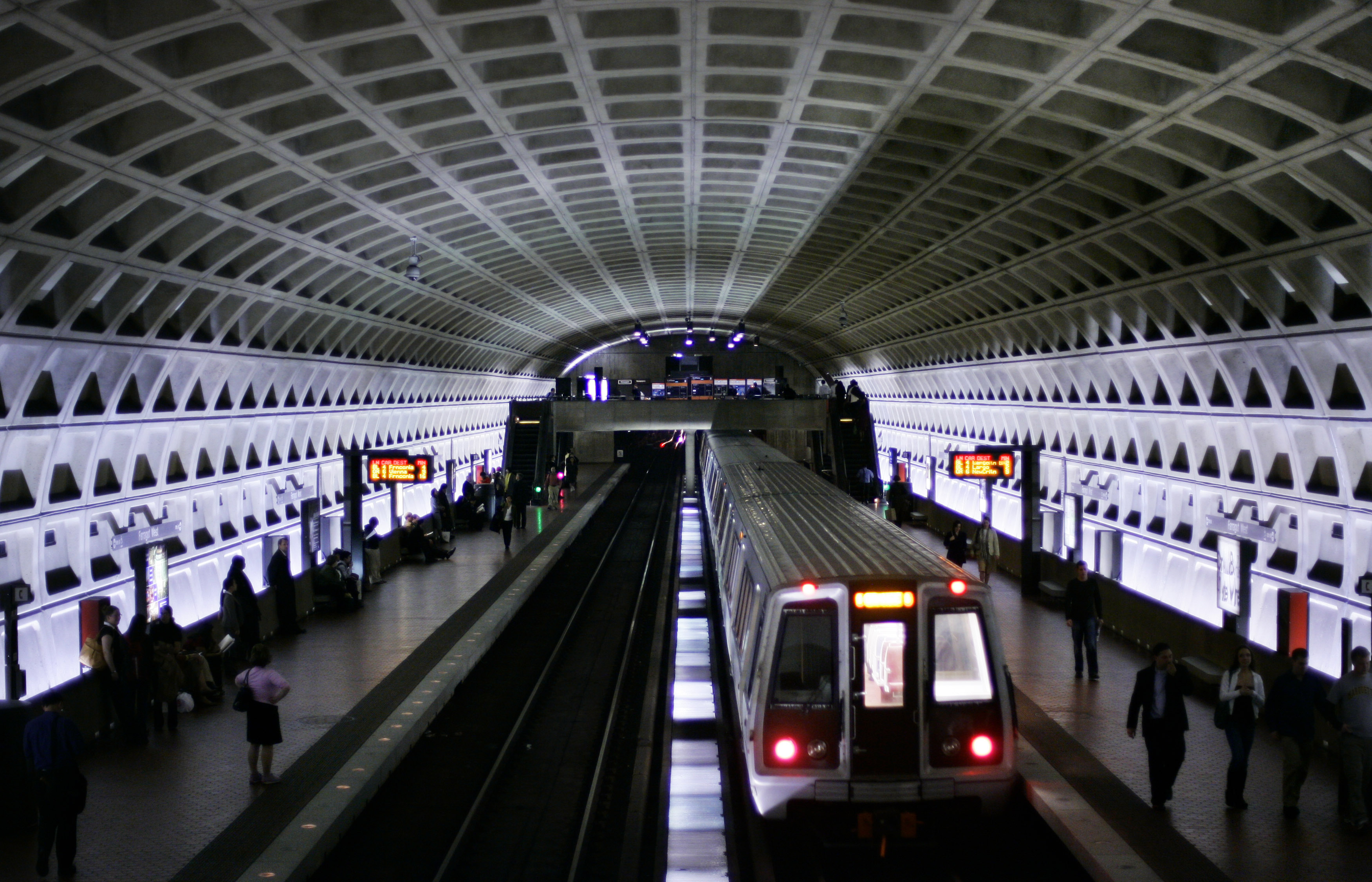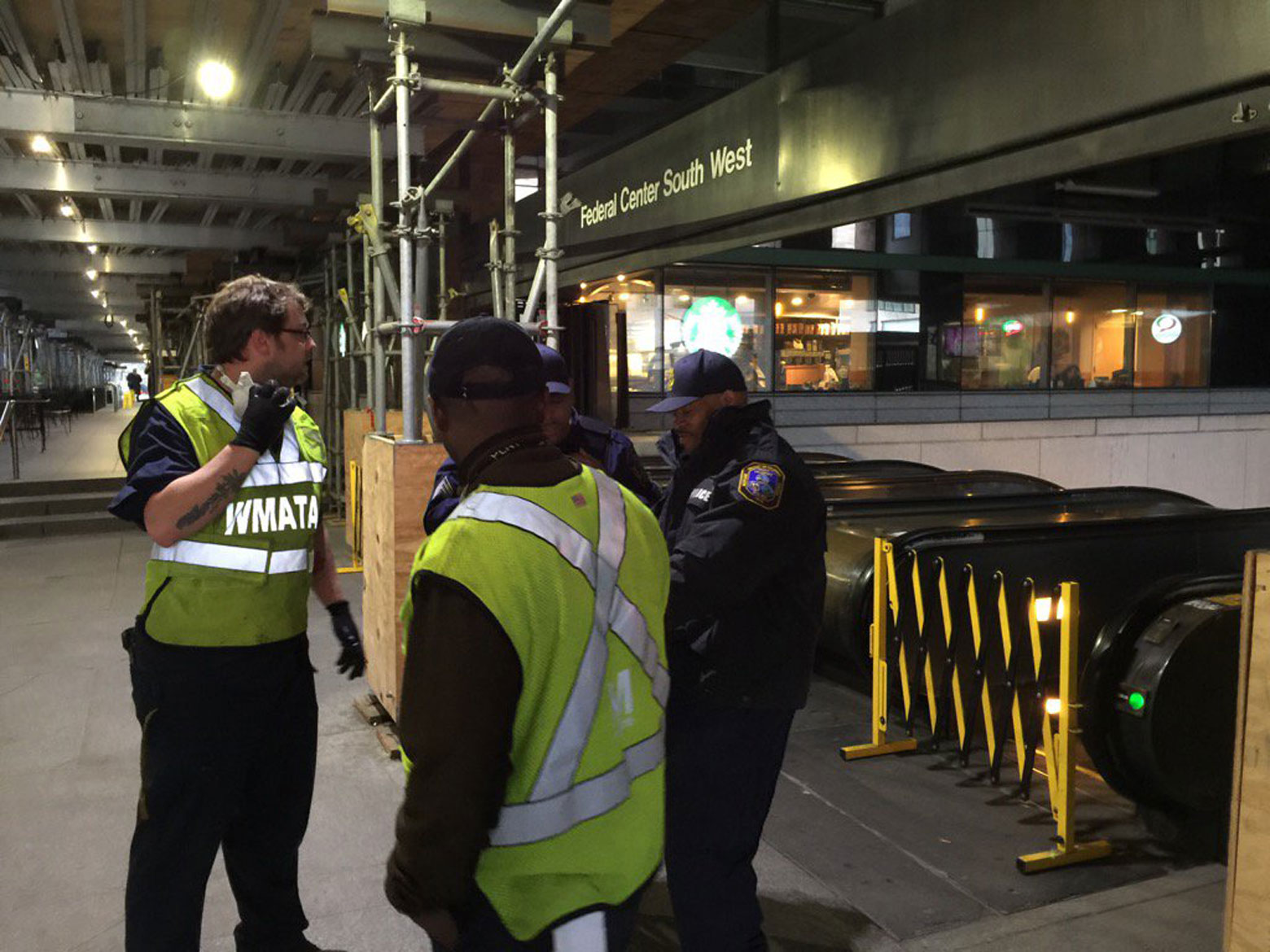FAIRFAX, Va. — A series of Metro reports to be presented on Thursday will outline more dismal news for the transit agency.
Some of the myriad issues: Rail cars are breaking down more often than they should, and more than a quarter of rail passengers arrive late to their destinations. Buses are off-schedule; more riders and workers are getting hurt and customer satisfaction has slipped again.
Metro said more smoke and fire incidents were reported over the first quarter of this year than the same period last year, leading to extra single-tracking and delays.
These issues, combined with other factors, have turned more riders away from the system.
Metro expects even more riders to turn to other options for at least short stretches beginning in June as a series of extended track work zones begin with work on the Blue Line, followed by other single-tracking or shutdowns across the system through next May.
At least over that period, Metro will also shut down at midnight on weekends with service no longer running until 3 a.m. on Friday and Saturday after the end of this month.
U.S. Transportation Secretary Anthony Foxx said on Tuesday that even that does not address all of the root problems.
The Federal Transit Administration directed Metro on Saturday to focus on safety over operational convenience after the agency said Metro’s troubled rail operations control center blocked safety and maintenance staff from emergency access to the tracks in order to keep trains running.
A series of presentations to be delivered to Metro’s board on Thursday point to continued problems, with a shortage of available rail cars as a key cause of problems over the last three months, although Metro finally had the minimum number of rail cars it needs for regular service available each weekday in late March.
Metro data show the new train cars are having fewer issues lately, but still have faced some problems with train control, brakes or the propulsion system, which are now being tweaked in new cars coming in.
Trains are regularly delayed, with just a 78 percent on-time performance rating in March. Overall for the three-month period, about 26 percent of Metrorail customers’ trips were delayed and Metro estimates that about 5 percent of trips were more than 10 minutes late.
Customer satisfaction surveys found just 68 percent of riders were satisfied with their trips.
A missed bus is not uncommon either. The data show the most buses off-schedule in the afternoon, when Metro says an increase in traffic in the city and inexperienced bus drivers contributed to nearly three out of 10 buses coming too early or too late. In all, 74 percent of bus riders say they are satisfied with their rides, but many had concerns about their safety.
“It’s disappointing that there are other things to add to this list,” Metro board member and Fairfax County Supervisor Cathy Hudgins said in an interview. “But I believe the general manager’s plan is very much inclusive of that. He is really saying we are looking at everything that has to be done and we are going to do it, and we are going to let our customers know when and how.”
Hudgins sees the inconvenience Metro is willing to put riders through under the next year of single-tracking and shutdowns as a sign of the transit agency’s commitment to turning things around.
“I know it doesn’t feel good. I didn’t feel good about it either, but I think we really are committed to it,” she said. “We’ve given up a lot. It was a board that made the choice of whether or not we’d stay open in times which were actually hours for maintenance, and so we have to give some of this back.”
For both riders and workers, Metro’s overall injury rates tied to accidents, crime or other incidents remained above their targets.
Metro Transit Police said more crime was reported in the rail system than the bus system. Crime investigated by Metro Transit Police increased in January to March 2016 compared with the same period the year before, to 4.7 “Part I” crimes per million passengers during the first quarter.
While crime increased about 19 percent across the system, crimes on Metrorail increased by about 26 percent, led by thefts, robberies and assaults.
There have been three aggravated assaults on bus operators, an area Metro had already expressed serious concerns about.
Metro Transit Police plan to shift deployments to higher-crime areas now and, by July, expect to have new, more visible uniforms rolled out.
Metro is working with the FTA, National Transportation Safety Board and other agencies to address serious safety problems.
General Manager Paul Wiedefeld met with more than 600 managers on Tuesday to emphasize that safety comes first.
The National Transportation Safety Board issued a dozen more recommendations to Metro last week, and blamed lapses from senior Metro management for allowing the system to devolve to the point where a train had filled with smoke and a passenger, Carol Glover, was killed.
This is the first week on the job for Metro’s new chief safety officer, Patrick Lavin. The department he took over on Monday said that 445 of 732 initial steps or corrective action plans have been submitted for approval or approved by the FTA.
Metro has 214 more corrective action plans that must be addressed; eight were recently closed.








